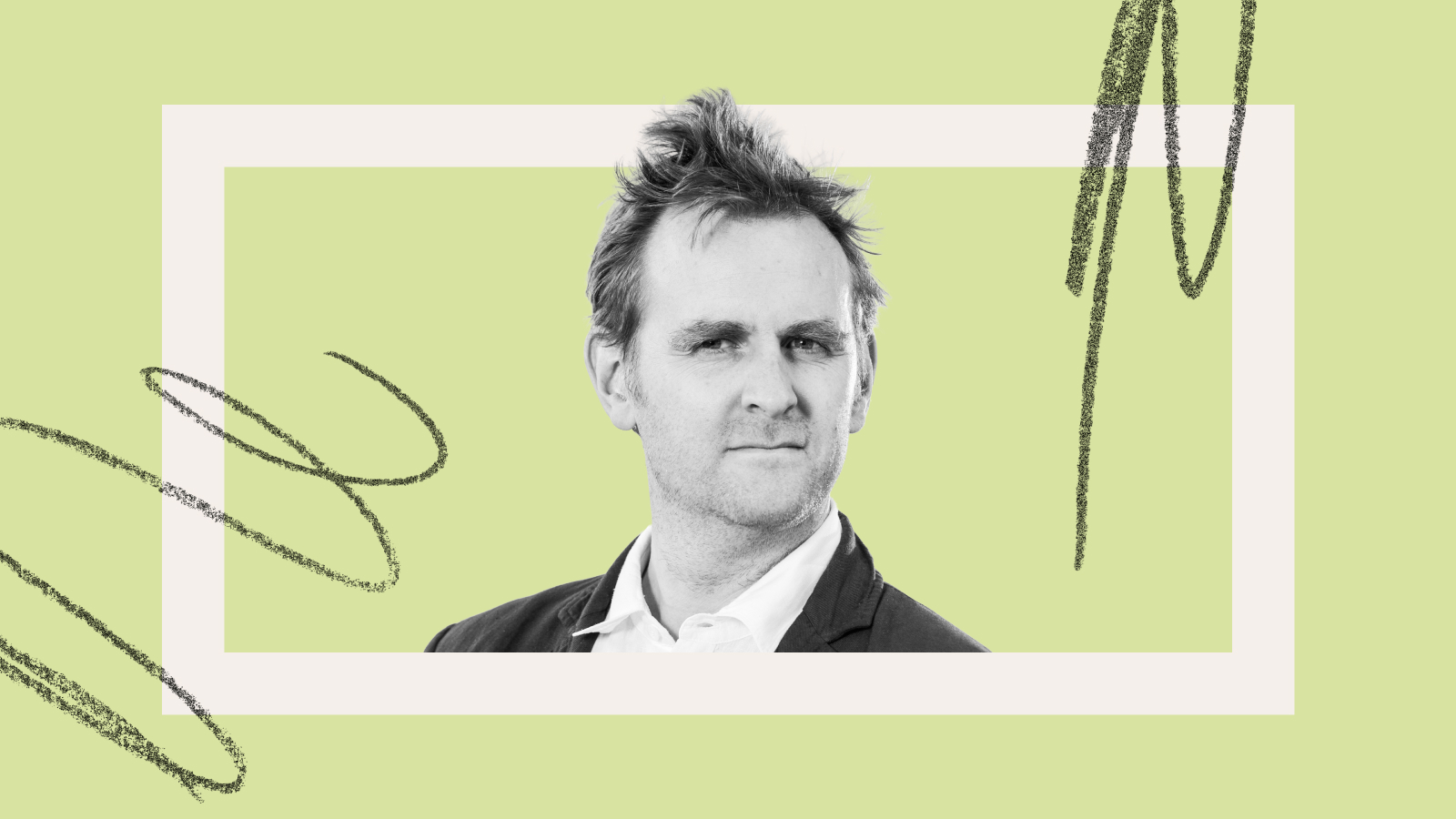After dropping film, Dovey wanted a creative outlet that wasn’t as exploitative.
Question:Why did you start writing?
Dovey: I think it was . . . I was in Cape Town. I felt like I had failed in some kind of terminal way at the filmmaking – which is silly to say because I’m so young. But it . . . I had gotten into a dead end. And so I think in a way the writing was an escape mechanism initially. I wanted a creative outlet, and the kind of turning inwardness of fiction writing, it being so solitary and disengaging in a way from the realities of South Africa just seemed like a very appealing . . . But I do think it was a way of avoiding, you know, that issue in a way. And I need to find ways to reengage the __________ side of the writing, because that can then become endlessly self-indulgent. And if you . . . if you don’t force yourself to kind of go out into the world and be accountable for these, you know, relationships you have with other people.
Question: Did writing resolve your problems with an imbalance of power
Dovey: Well again I think it’s no accident, then, that this first novel that I’ve written is not set anywhere geographically specific. So there’s absolutely no cultural markers. And that was a conscious decision not to set it in South Africa, because I felt that the politics of writing and representation was still too . . . too complicated for me to feel like I had any right to represent South Africa in any way. So that was a useful . . . So it’s in the form of a fable, and I think that non-specific form kind of allowed me to . . . to create characters who you are meant to identify with at a . . . actually __________ at a sort of bodily level where you identify with the kind of bodily rituals or bodily processes that, you know, kind of are repeated throughout the novel. But it . . . They’re not . . . They’re not really characters from a, you know, specific geographical or national setting. So in a way that’s also a way of dealing with the power issue.





